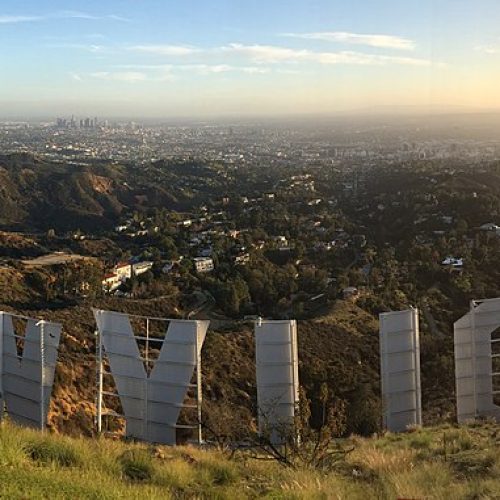Comic book lovers from our side of the world might be disappointed to learn that the highly-anticipated sequel to Spider-Man: Across the Spider-Verse has been pulled from release in Saudi Arabia, the UAE, and Egypt for failing to pass censorship requirements, with more countries from the region expected to potentially following in the same path due to concerns over certain aspects of the animated film’s content.
With the first chapter of the saga released in 2018, the more inclusive, progressive, and ethnically diverse iteration of one of the most iconic Marvel superheroes has gathered a loyal following over the years as a result of its culturally aware and conscious nature, undeniably cool soundtrack, and stunning visuals. However, as the follow-up of Miles Morales’ story (Peter Parker’s alter-ego in the multiverse) keeps on breaking new records since making its way onto big screens in the United States, notably by securing the biggest cinematic opening day of the year in the country, Middle Eastern fans are now left scratching their heads over the sudden decision to ban the film in certain parts of the region.
Expected to release on June 22, in time for Eid Al-Adha celebrations, the surprising proscribing of the feature has sparked a wave of disappointment and frustration amongst fans, leading to unverified speculation as to why the decision was made to ban the film.
One of the most widely-spread rumors to have surfaced sees many internet users suggesting that the barring of the film could be attributed to the LGBTQ themes and elements of representation featured in the sequel as a potential cause for the censorship. However, without official confirmation or clarification, these rumors remain mere conjectures, further fueling the frustration and confusion among fans who were eagerly awaiting the release.
spiderman across the spider verse is banned in egypt 💀 this isn’t the first time happening bec they ban any movie that has the slightest lgbtq scenes in it and i really hate that ya3ni bgd kosom el 2rf w kosom el homophobes
— ☾¹⁰ (@flirtyjmin) June 15, 2023
With so many excited to witness the continuation of Miles Morales’ character development, the decision to remove the film from screens has left a void in both fans and the wider cultural landscape in the Middle East, raising questions over the future of artistic expression and cultural representation in our countries. But as we know, censorship is no stranger to the region, and while disappointment lingers, it also serves as a reminder that what is forbidden usually attracts and allures, which could lead many, who weren’t even initially interested in the film, to seek it out through alternative means, amplifying its significance and impact in an age where information travels swiftly and when boundaries can be transcended so effortlessly.
Collaterally fueling the curiosity of hundreds by triggering the desire of probably thousands to explore banned content just for the sake of it, one can only wonder whether censorship is still as much of an efficient policy as it used to be, as it may only provoke the opposite effect to the one initially desired and foster a subculture of defiance more than if they had just let it slide.









